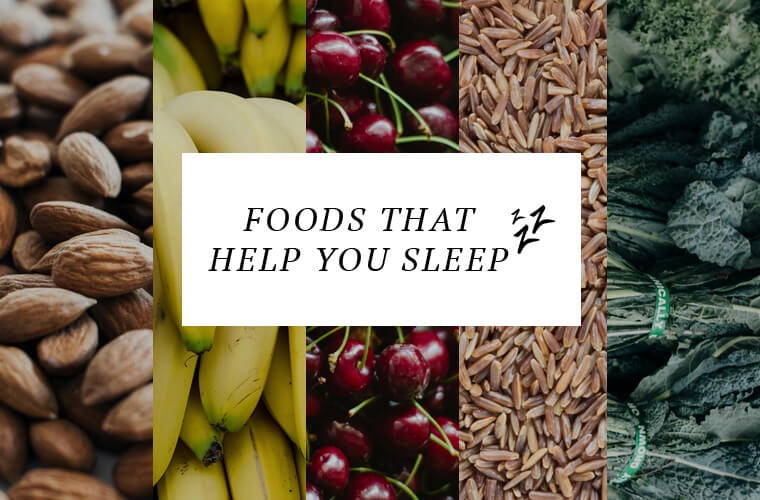

But there are some foods for which it would make intuitive sense that they promote sleep - and some preliminary studies have been done that support the claims, she explains.īananas, for example, contain serotonin, turkey contains tryptophan and berries contain some melatonin - which are some of the building blocks for the chemicals our brains need to make for sleep. It’s tough to do definitive research to show that certain foods promote sleep over others, since there are so many factors that contribute to good or poor quality sleep, Krieger notes. And indigestion before bedtime makes it harder for your body to relax and drift off to slip. Heavy foods that are spicy or fatty are tougher for the stomach to digest than lighter ones (like bananas or whole grains). Save the Buffalo wings and the nachos with hot sauce for daytime tailgates (in moderation!). Avoid heavy spicy or fatty foods too close to slumber Giannopoulos suggests drinking in moderation and not drinking too close to bedtime. The good news is you don’t necessarily need to swear off a drink or two. The result: you wake up feeling less rested after a night of heavy drinking or drinking too much too close to when you try to sleep than on nights you skip the libations. But your sleep cycle rebounds and your brain tends to then keep you in the lighter sleep stages (including rapid eye movement or REM sleep, when you dream) the rest of the night. Alcohol has the effect of knocking you out pretty hard right away, so your body spends more time early in the night in the deep sleep stage than it otherwise might. Yes, a glass of red wine (or another cocktail) can definitely make you drowsy, but there’s research that shows it actually disturbs the quality of your sleep later in the night, Giannopoulos explains. If you’re not having trouble sleeping, you don’t necessarily need to limit or cut back on caffeine, but if you are looking for a way to improve your sleep, how much and when you drink caffeine throughout the day should be one of the first things to consider, Giannopoulos says. “Making good nutrient choices will optimize the circadian alignment between our clocks.”

It’s important for people to know that both what you eat, as well as the timing of when you eat, matter when it comes to sleep and long-term health outcomes, Mahan says. While psychological factors (like being tired and making worse food choices) contribute to those problems, metabolic processes - like increased levels of the hormones that tell our bodies we’re hungry getting released when you’re sleep deprived - also play a role. Research shows poor sleep patterns have been linked to eating more overall, worse diet quality and higher rates of obesity and metabolic diseases. That’s why what and when we eat affects sleep - and conversely sleep health affects metabolic health, too. That means behaviors like shifting our eating patterns or altering what we eat drastically (like switching to a very high-fat diet) can actually reprogram the various clocks our body runs on, Mahan says, “putting them on a different time zone than the master circadian clock in the brain. Our circadian rhythms keep our body clock running on time, which in turn keeps all of our bodily functions running on schedule - such as falling asleep at night, waking up in the morning, feeling hungry when we need energy and metabolizing the food we eat. Diet and food choices help regulate our circadian rhythm, the roughly 24-hour cycle that our body follows each day, Kristin Eckel-Mahan, PhD, Assistant Professor at the Center for Metabolic and Degenerative Diseases at The University of Texas Health Science Center of Houston, says. There’s also a connection between sleep and how we metabolize food.

The data showed that eating less fiber, more saturated fat and more sugar throughout the day was linked with participants getting lighter, less restorative sleep, with more awakenings throughout the night. The researchers chose what the study participants ate for the first four days of the study, but not on the final day of the study. In one study, researchers tracked diet and sleep for a group of healthy adults over the course of five nights and found that indeed, food choices during the day did affect sleep. Data shows that eating less fiber, more saturated fat and more sugar throughout the day is linked with lighter, less restorative sleep.


 0 kommentar(er)
0 kommentar(er)
